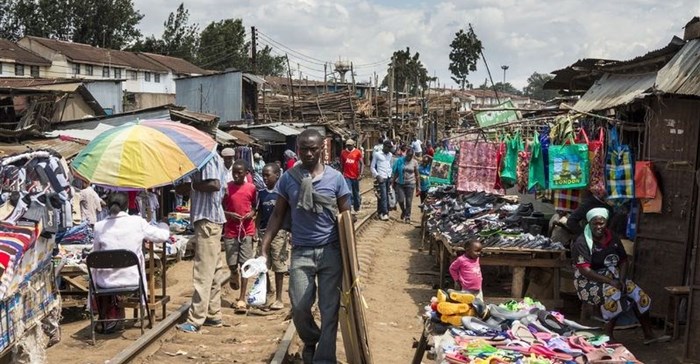Research methodologies for Africa: desktop research

That’s where market research comes in. Market research is the systematic gathering and interpretation of information about individuals or organisations using statistical and analytical methods and techniques of the applied social sciences to gain insight or support decision making, often using surveys.
Due to the lack of infrastructure in Africa, the most popular survey methodology until recently has been pen and paper face-to-face interviews. It is a time consuming process that is both expensive and prone to operational errors (data entry, fraud, etc.).
Over the past 10 years, the increase in mobile phone ownership, telecom infrastructure and internet penetration have provided new ways to deploy surveys in Africa. Online research is now complementing F2F research.
Surveys are deployed by two means:
Desktops/PC: research surveys are deployed on desktops and laptops. Respondents can provide answers to a bigger set of questions (usually 20 questions or more). Thanks to the high internet penetration in urban areas in Africa, it is possible to reach a large sample of urban dwellers with disposable income in many countries. Some companies (including KASI Insight) provide desktop/laptops survey capabilities (in addition to mobile) by leveraging internet penetration and grassroots networks.
Mobile phones: surveys allowing answers of small question sets by mobile phone. Due to high mobile penetration in Africa, this method can make it possible to reach large and dispersed urban and rural samples. Several companies are building survey tools leveraging internet and SMS capabilities.

Africa has been often hailed as ‘the mobile first and only continent’ because of the high mobile penetration (reaching 50%) in most countries and reaching 70% in most urban centres.
Is mobile therefore a better way than desktop to reach the urban consumer class? To find out we recently compared the two by surveying desktop and mobile research audiences.
The key results were:
- In Nigeria and Kenya, the results show that desktop surveys reach more women than mobile surveys and provide a better gender representation (in line with general population).
- Desktop research is closer to a normal age distribution of adults older than 18-years-old. The mobile data is heavily skewed toward younger demographics.
The results show that mobile has reach, but too often it reaches younger demographics with limited purchasing power. Desktop/laptop research provides better age and gender targeting than mobile when it comes to understanding the rising middle class in Africa. When it comes to pricing and execution, desktop surveys cost as much as mobile surveys and perform equally.
Desktop research is as quick and affordable as mobile research. More importantly, desktop research provides good quality sample with more purchasing power. Finally, desktop research gives the ability to ask more questions to many respondents, without sacrificing response rate and engagement.
*Originally posted on RW Connect, ESOMAR Blog.
Source: Kasi Insight.






















